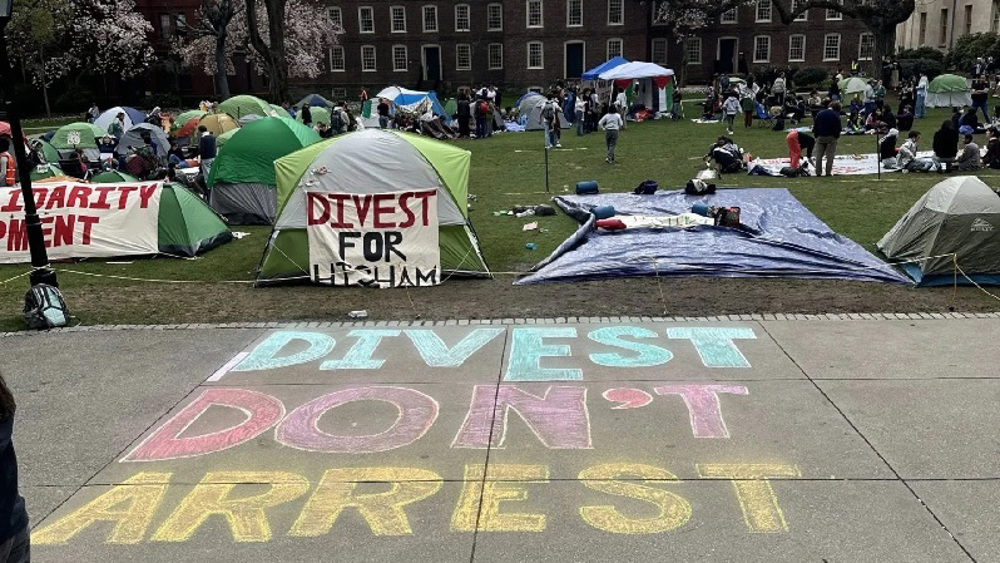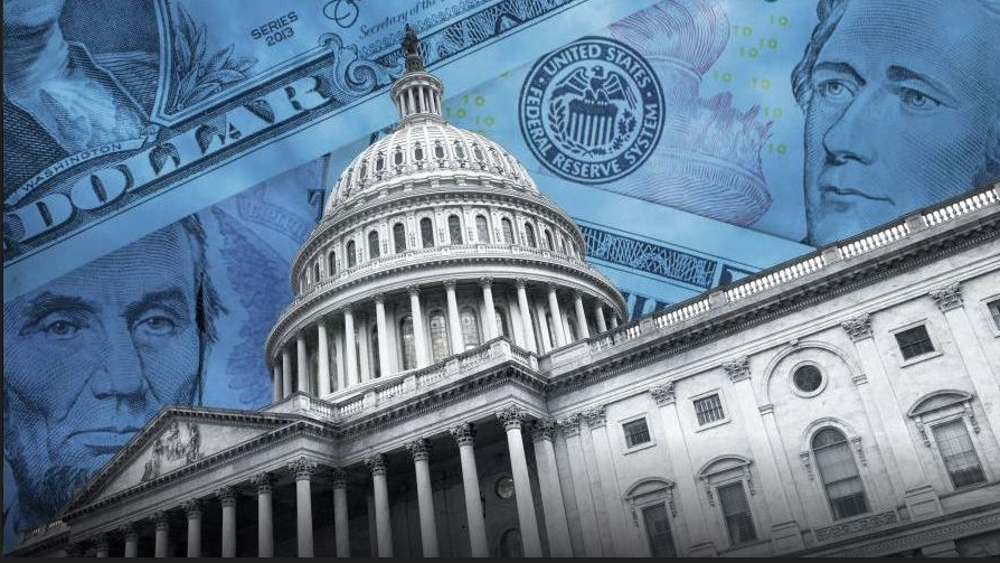Harvey second-most costly disaster in US history
Speculations are growing that the economic toll from Hurricane Harvey could soon make it the second-costliest natural disaster in US history, trailing only the devastation caused by Hurricane Katrina in 2005.
The price tag of Harvey is estimated by economic researchers, including the national forecasting firm Moody’s Analytics to be $81 billion to $108 billion or more, most of that in damage to homes and commercial property.
That would be larger than the hit from Hurricane Sandy in 2012 but less than Katrina, which inflicted $175 billion in damage and lost economic activity, the Los Angeles Times reported in a report.
Although the brunt of Harvey’s cost will be borne in southeast Texas, particularly the sprawling Houston area, the effects will be felt more broadly.
Motorists across the country can expect to pay more for gas, at least for a while, and consumer spending overall could fall a bit as well, the report added. US exports could see a slight drop from the temporary closure of one of the nation’s busiest ports.
All in all, Harvey is likely to sap some momentum from the American economy, which went into the summer chugging along in its ninth year of expansion, added the Los Angeles Times in its report.
It remains to be seen how long it will be before businesses and workers can get back on their feet. The longer it takes, the bigger the blow to near-term economic growth, in lost wages, sales and consumer spending.
Harvey swept through a large swath of southeast Texas — at least 19 counties have been declared major disaster areas by the federal government. More than 32,000 people have been housed in shelters, and the Federal Emergency Management Agency is expecting nearly a half million people to seek some sort of disaster aid.
Moody’s estimated that as many as 700,000 vehicles and 400,000 homes were significantly damaged. Most homeowners did not have flood insurance, so their personal spending will be constrained.
Harvey came on the 12th anniversary of Hurricane Katrina, which made landfall in 2005 in southeast Louisiana and killed 1,800 people.
VIDEO | Press TV's news headlines
Iranian satellites launched into space as private sector debuts in space industry
VIDEO | Iran, Azerbaijan conduct joint maritime rescue operations
VIDEO | Yemen’s Red Sea divide: Naval forces block Israeli-linked ships in strategic ‘parting of the water’
VIDEO | Southern Gaza: Israel’s facade for famine and suffering
VIDEO | IOF hampering humanitarian aid
VIDEO | Sharmahd: Justice Done
Iran repeatedly warned Israel not to test its will: FM










 This makes it easy to access the Press TV website
This makes it easy to access the Press TV website